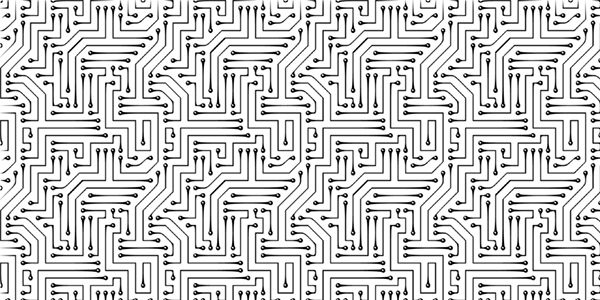Cyber Physical Systems

Nowadays, the demand for designing efficient, end-to-end Network Intrusion Detection Systems (NIDS) for Cyber Physical Systems (CPS) has grown tremendously. Typically, CPS are composed of a combination of physical components and modern sensors. Modern sensors are responsible for monitoring the physical environment and provide high-quality multivariate time-series measurements, while physical components are related with the structure of each application. CPS have been widely utilized in electric power Critical Energy Infrastructures (CEIs), while in practice they present high similarity with Internet of Things (IoT) systems, since they put extra attention on the connection of their individual components with the networks. Nevertheless, CPS are highly vulnerable to cyber-attacks. Consequently, one of the main goals of PHOENIX project is to generate efficient, large- scale and privacy-preserving Artificial Intelligence (AI) mechanisms able to detect abnormal behaviors, and further provide faithful predictions regarding any future possible threats and inconsistencies, with upper goal to preserve and enhance the sustainability of Critical Energy Infrastructures (CEIs). As it was reported on the latest Consumer Electronics Show (CES) in Las Vegas [1], sustainability is a major common thread in the fast-moving transformation of the energy factor. Towards this direction, PHOENIX project will tackle the main challenges that hinder the sustainability of CEIs.
Further updates, enhancements and extensions of PHOENIX functionalities will be available soon, so stay tuned!
Twitter: https://twitter.com/H2020Phoenix
Linkedin: https://www.linkedin.com/company/phoenix-h2020/
[1] https://www.greenbiz.com/article/transformation-energy-technology-learnings-ces-2020-sponsored












